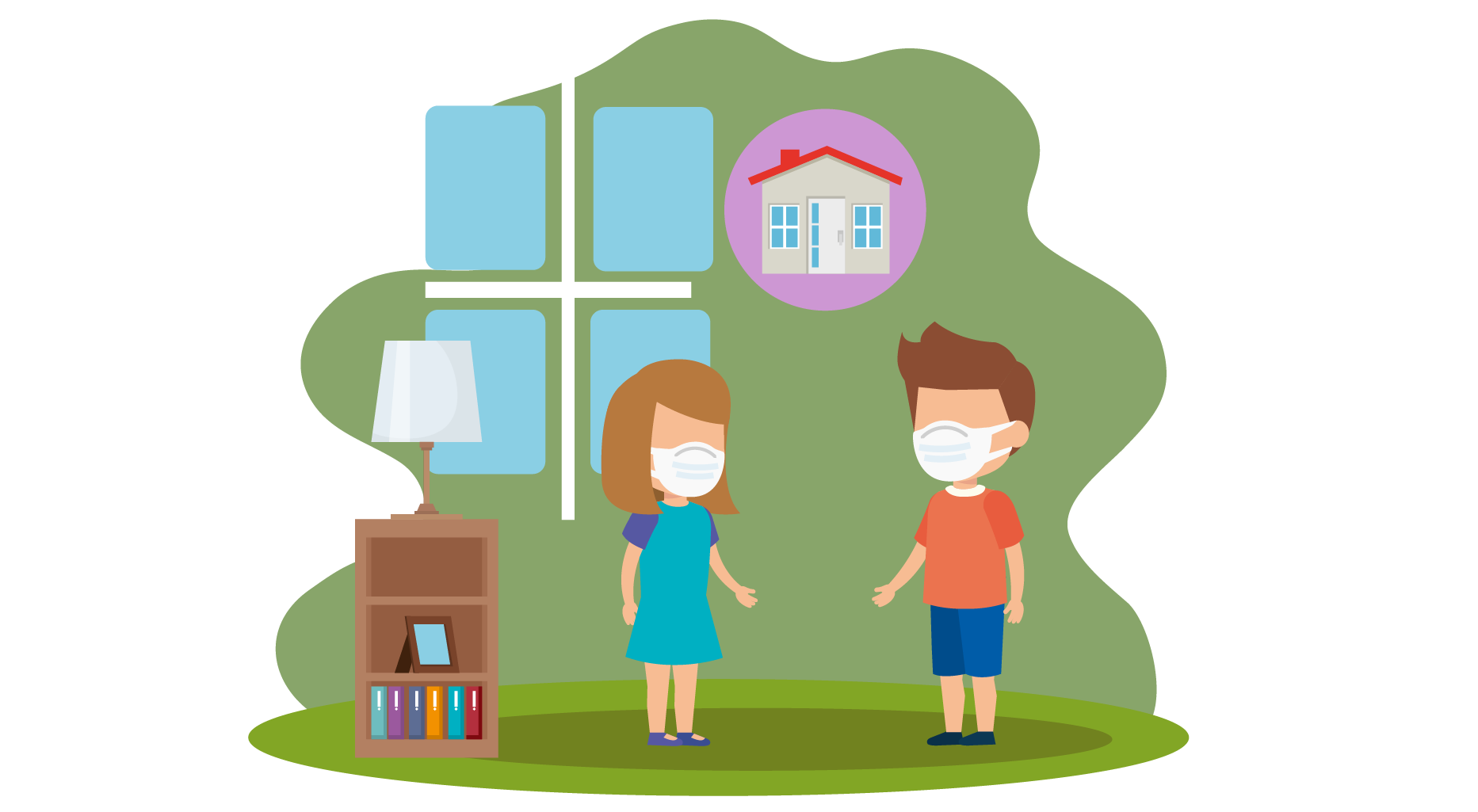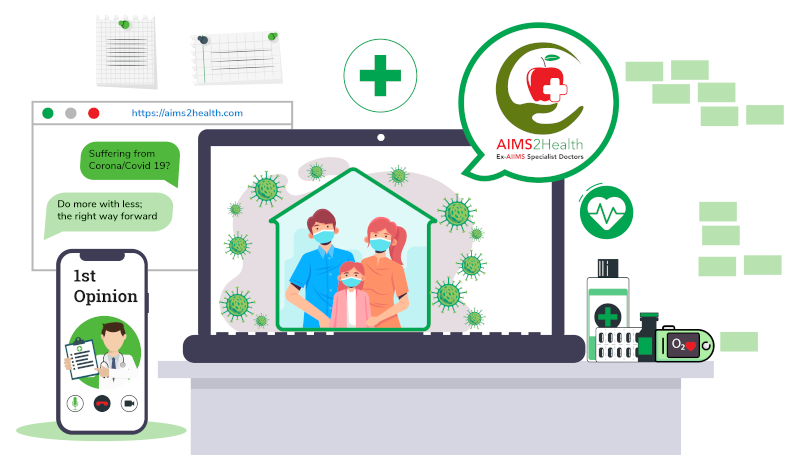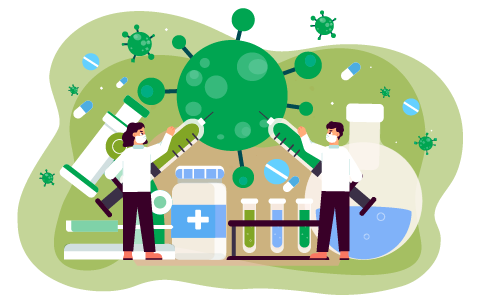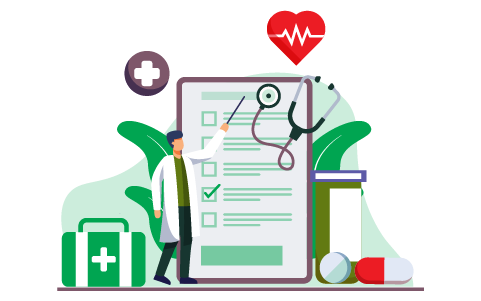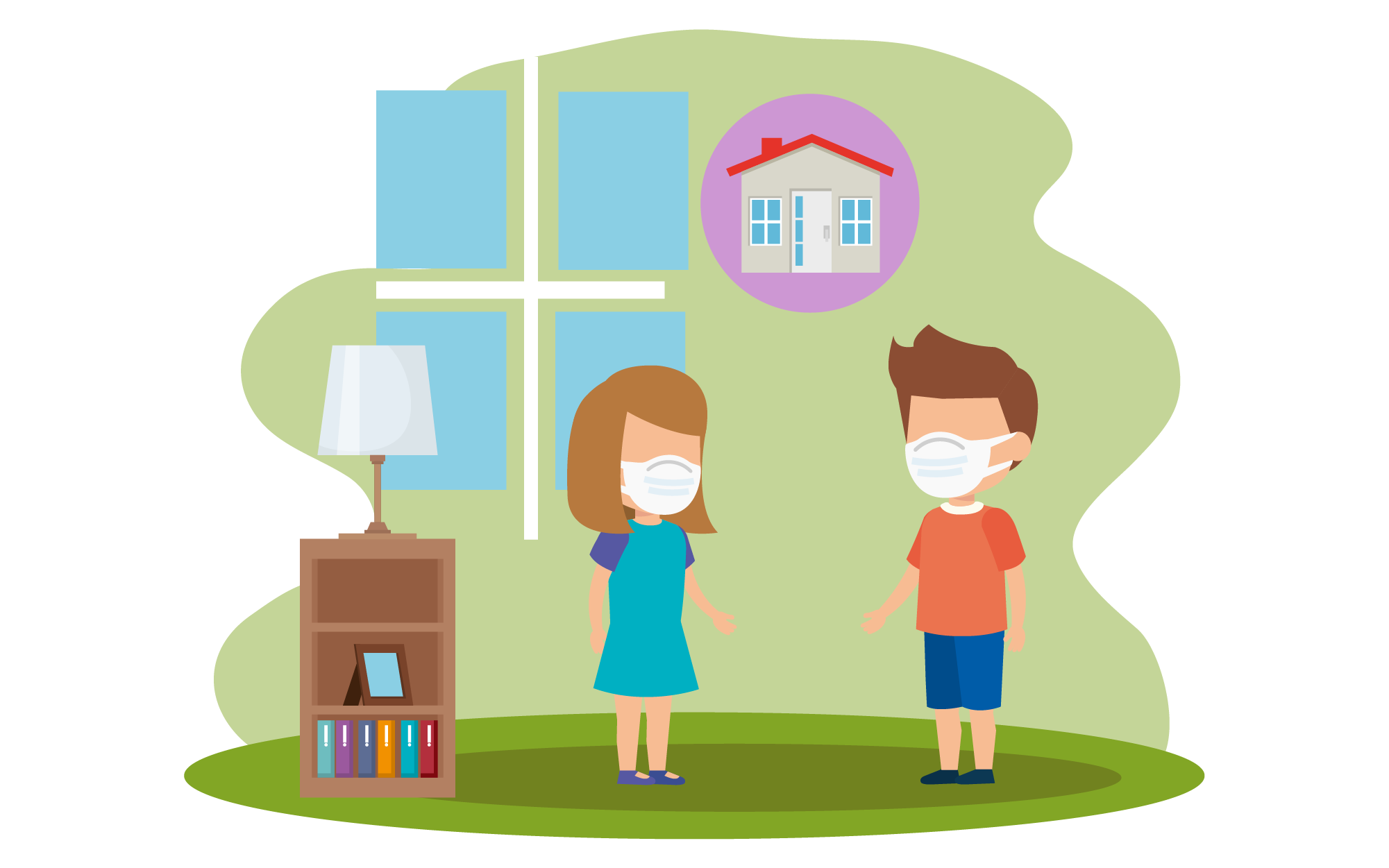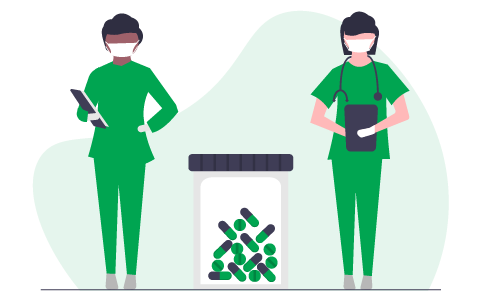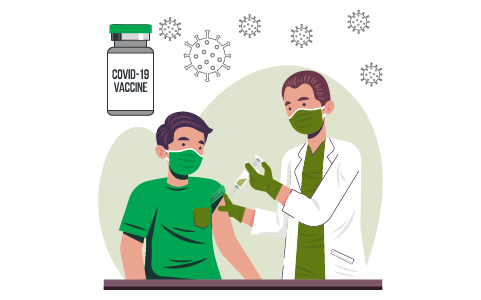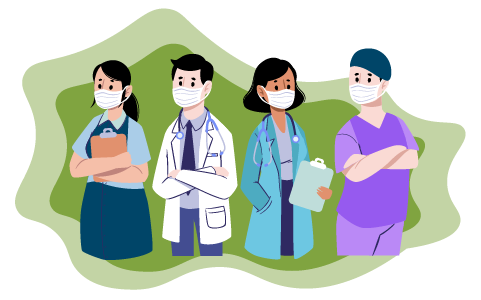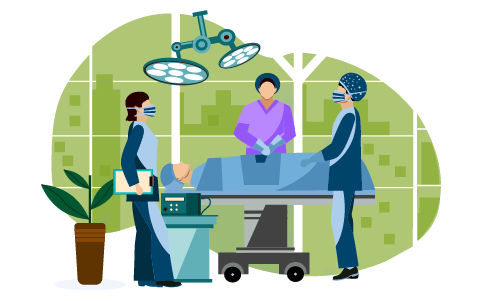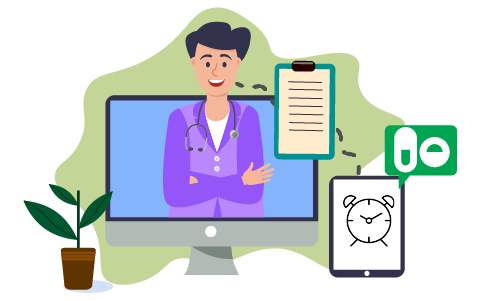Consensus guidelines made by AIIMS trained Pediatricians.
- Children with Covid-19 infection may have fever, throat discomfort, cough, runny nose, abdominal pain and loose stools. Older children may complain of headache and tiredness. A RT PCR test confirms the diagnosis.
- Most children can be managed at home. Paracetamol can be given for fever, ORS for loose stools, and simple medicines for cough and vomiting. Do consult your doctor for these. Continue their normal diet, and give more fluids. The mother can continue breast feeding using a mask.
- Children are most comfortable with their parents, and isolation is practically difficult. Children should be kept away from elderly and those with co-morbidities. Those above two years should wear a mask. Do not send them to the grandparents home, the children may infect them.
- Monitoring saturation in a child with an adult pulse oxymeter may give errors. If a child looks sick, lethargic, blue or has breathing difficulty he should be taken to a hospital.
- Infants can get covid from other family members. They may have high fever, irritability, breathing difficulty and may not feed well. They could be sick and need investigations and admission to hospital.
- Rarely a few children can become very sick a few weeks after a Covid-19 infection. They may have high fever, abdominal pain, rash, red eyes. Their heart and other body organs can be affected. They may need urgent admission and treatment in an ICU.
- Children who are obese, have heart, lung, liver or kidney disease, have diabetes, have neurological disability, or congenital metabolic diseases can develop severe disease with complications. They need to be monitored closely.
- Fortunately most children with Covid-19 can be managed at home. Complications are not common. At present there is no covid vaccine for children.
